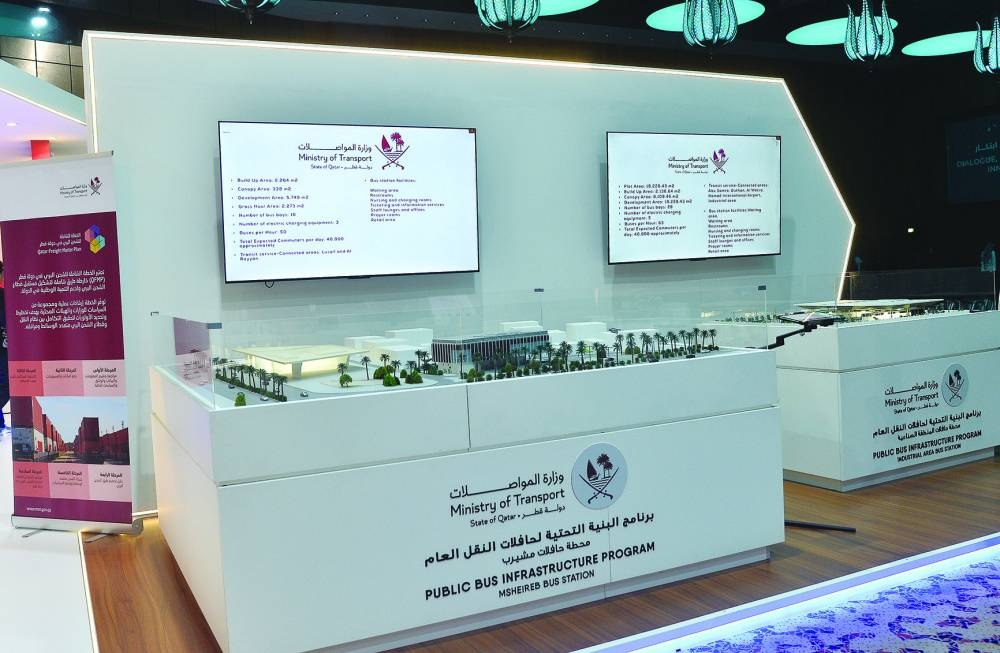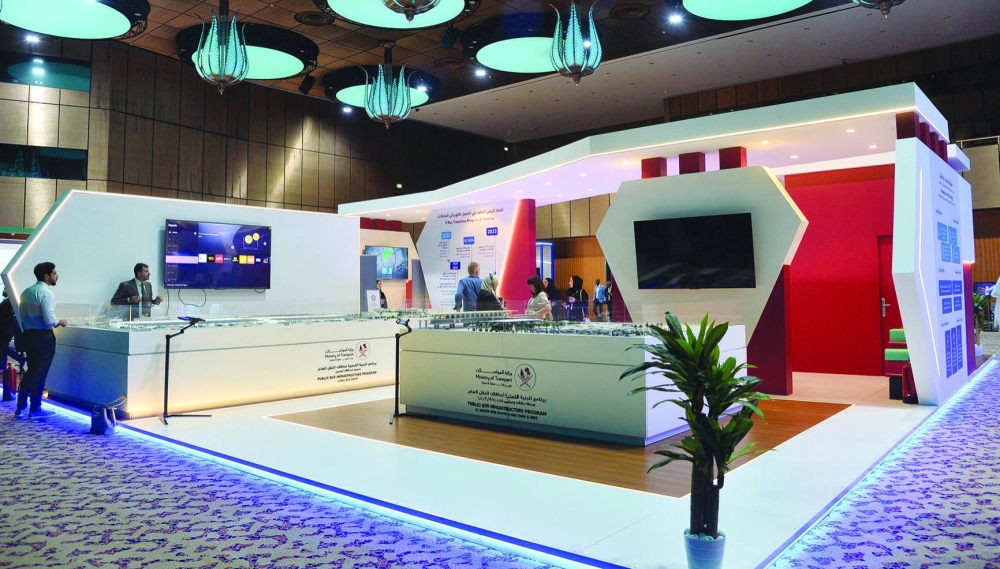

The Ministry of Transport (MoT) highlighted its Public Bus Infrastructure Programme at the Autonomous e-Mobility Forum that concluded on Wednesday. The programme assumes significance as it supports the strategy for the gradual and comprehensive electrification of public buses to reach 100% by 2030. Also, it provides an integrated, sustainable public transit network that covers all urban areas across the country and forms a coherent transportation unit that includes public buses, Doha Metro and tram networks.
MoT’s pavilion displayed the key features of the programme such as improving the mobility of individuals while supporting innovation in transportation, delivering environmentally sustainable transportation networks and enhancing traffic safety.
The pavilion also highlighted the key initiatives as part of the programme and the progress of the transition of public transport into a more sustainable way. The programme consists of eight bus stations in Al Sudan, Msheireb, Al Gharrafa, Lusail, Al Wakra, Education City, Industrial Area, and West Bay Central. Also, there are four bus depots in Lusail, the New Industrial Area, Al Wakra and Al Rayyan. All these facilities are supported by electric charging infrastructure. The programme also includes four Park and Ride parking locations in Al Qassar, Al Wakra, Lusail, and Education City, that can accommodate over 1,000 vehicles.
Developed in an area of more than 400,000 sqm, the Lusail Bus Depot is recorded on the Guinness World Records as the world’s largest e-bus depot, with a capacity of 478 buses. It is the first in the Middle East to be relying on solar energy; as it includes some 11,000 PV solar panels generating 4-6MW of power daily to feed its buildings, in line with Qatar's National Environment and Climate Change Strategy (QNE) and the goals of the Qatar National Vision 2030.

